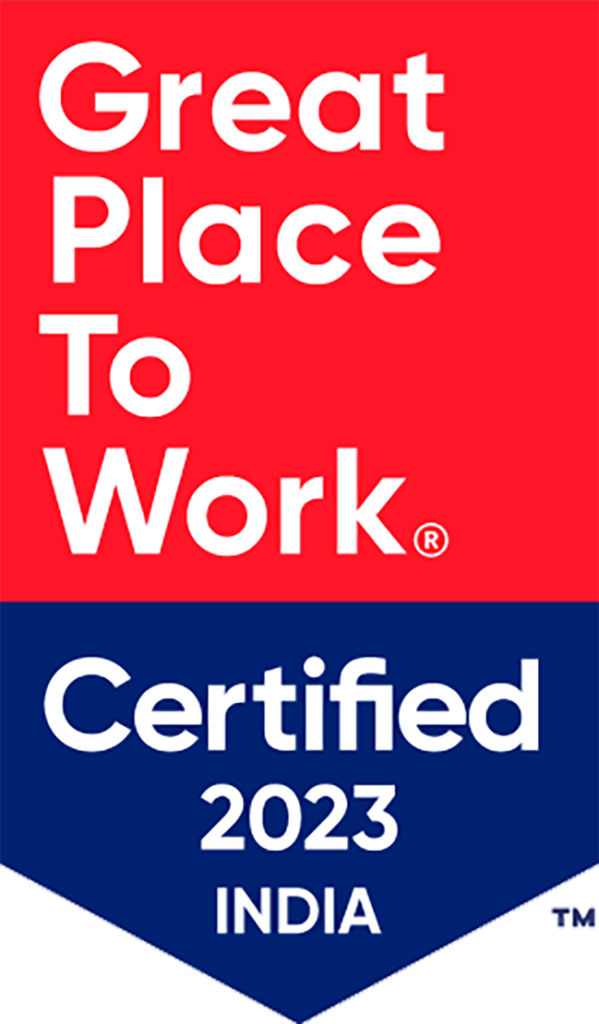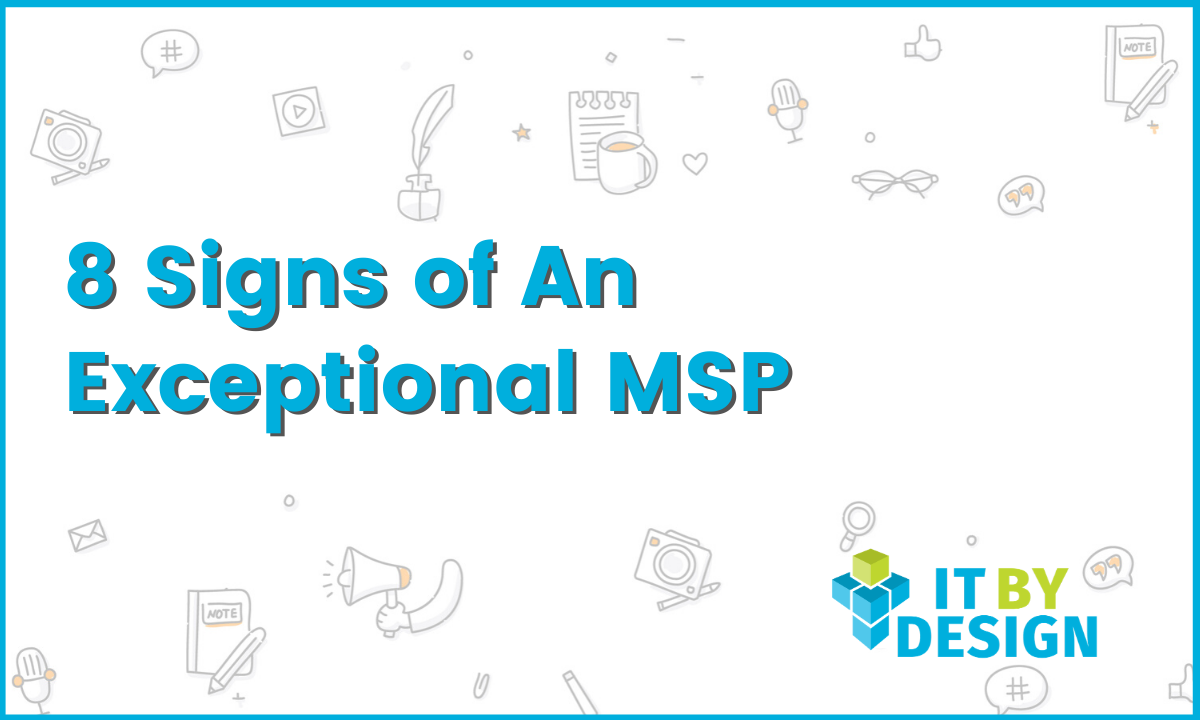Today, businesses have plenty of choices when it comes to partnering with an MSP. Sadly, all these players offer similar services and tout parallel benefits. The managed service landscape is also full of those who make bold claims about accommodating businesses of all sizes and industries. But, without any supporting evidence, they just raise a big red flag. In such a scenario, how do you know who to trust? No matter how easy your clients are, taking your work for granted can still harm your managed service business.
An MSP is literally a lifesaver, not something your client sees as a line of credit. If you have been losing clients lately, understanding their needs and better training your workforce is a good place to start. Here are the fundamental qualities that can turn you into a superstar MSP.
1. Industry expertise
It’s crucial to customize industry tools instead of shoving your client’s network into out-of-the-box software. At the end of the day, your partner should feel that the network is being designed for them.
Also, developing industry knowledge isn’t enough, you should exhibit it, too. You should know how to demonstrate a deep understanding of your client’s challenges. Take regulatory compliance as an example. A client always looks for an MSP that has a long history of successful compliance audits in their industry and a thorough understanding of applicable regulatory updates. Here, maintaining a repository of case studies can help you back up your claims with tangible evidence. Also, blog articles and whitepapers on industry developments are excellent indicators to your target audience that you are a well-informed MSP.
2. Availability and scalability
Just an hour of unscheduled downtime can cost your client thousands of dollars. Hence, you should always extend prompt support and 24×7 availability. Ideally, every call to your local helpdesk should be handled in less than an hour. This availability should be complemented with scalability. You, as a service provider, should always be capable of scaling your IT support up or down without affecting response times.
3. The right tools and processes
The best MSPs have round-the-clock, dedicated network operations control centers, armed with the latest technologies. With the right diagnostic tools and access to correct information, your staff should be able to resolve a large percentage of IT problems remotely.
4. A culture of proactivity
A good MSP should always be proactively monitoring and anticipating the next problem rather than sending clients static monthly reports on what’s running smoothly and what is potentially at risk. While network engineers should always fix problems as they occur, it’s more advantageous to anticipate an issue and proactively take steps to avoid it.
For that, make sure you have strong documentation strategies in place. Your client’s network may encounter a problem that may not have a “textbook fix.”Here, the documentation gives you the context needed to avoid the same issue in the future. This enables you to create a plan for more streamlined execution and a lower error rate in your clients’ workflows.
5. Tailor-made solutions
Every business is different, and a good MSP takes the time to understand each client’s business. The road to managing networks is littered with unseen pitfalls. When you understand your clients’ business goals, you are better equipped to extend tailored IT infrastructure and services. From emergency response to server updates, the more you customize, the more you can control.
6. Innovation
No tool or application works without the right process around it. The best MSPs begin by transforming their methodology and working everything else into it. For some, monitoring a network may mean an engineer watching a screen, waiting for the red light to flash. An innovative MSP, on the other hand, works with automated systems that detect and resolve issues even before their clients are aware of them.
7. Strong customer support
Good MSPs understand the difference between product and service. Services are experienced, not consumed. Hence, you cannot help but be fanatical about customer support.
Best customer support practice should be evident in everything you do – security, disaster recovery planning, business continuity, risk management, and service delivery. As a thumb rule, always have someone answer the phone, not an auto attendant. Also, clients should have a variety of options to reach you. This may include logging in through their member portal, submitting support requests on your website, or calling your office.
8. Great employee retention
In my view, the most vital characteristic of a great MSP is good employee retention. It can be derived from cultivating an engaging culture or promoting continuous learning at work. Encourage your engineers to pursue as many certifications and qualifications as possible. Pay for or reimburse for continuing professional education. Get your engineers trained by industry experts to have client issues resolved quickly.
Final Thought: Whether you are a master MSP or a new entrant in managed services, there are certain qualities that are needed to be successful in the space. If you demonstrate all the qualities mentioned above, you will be considered an exceptional MSP – a synonym for robust network management.







